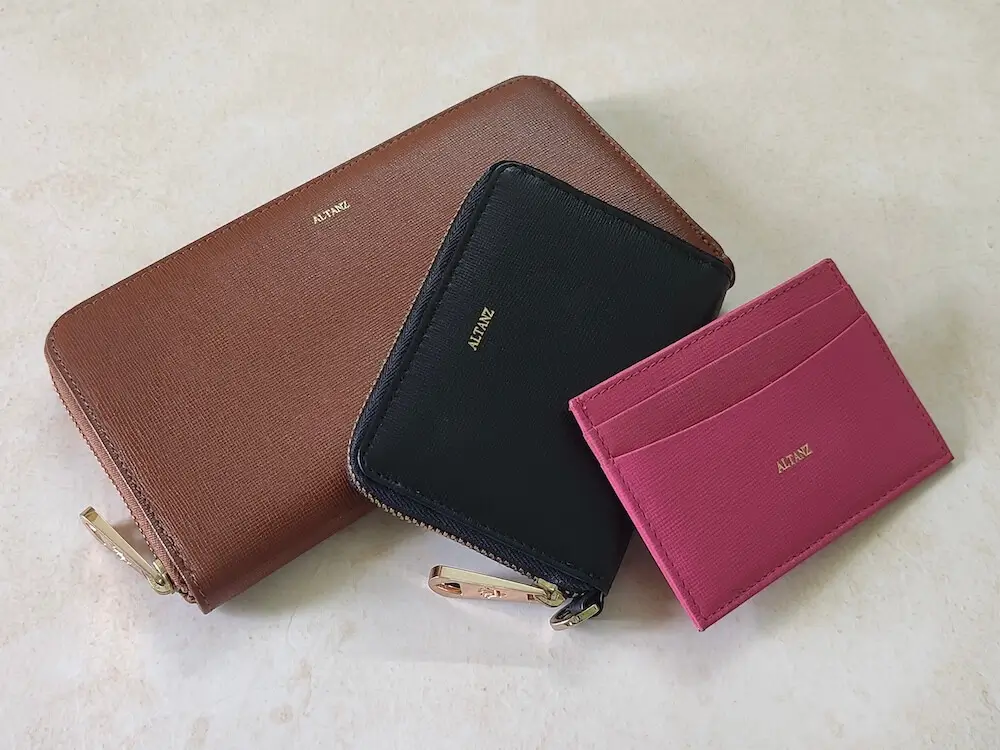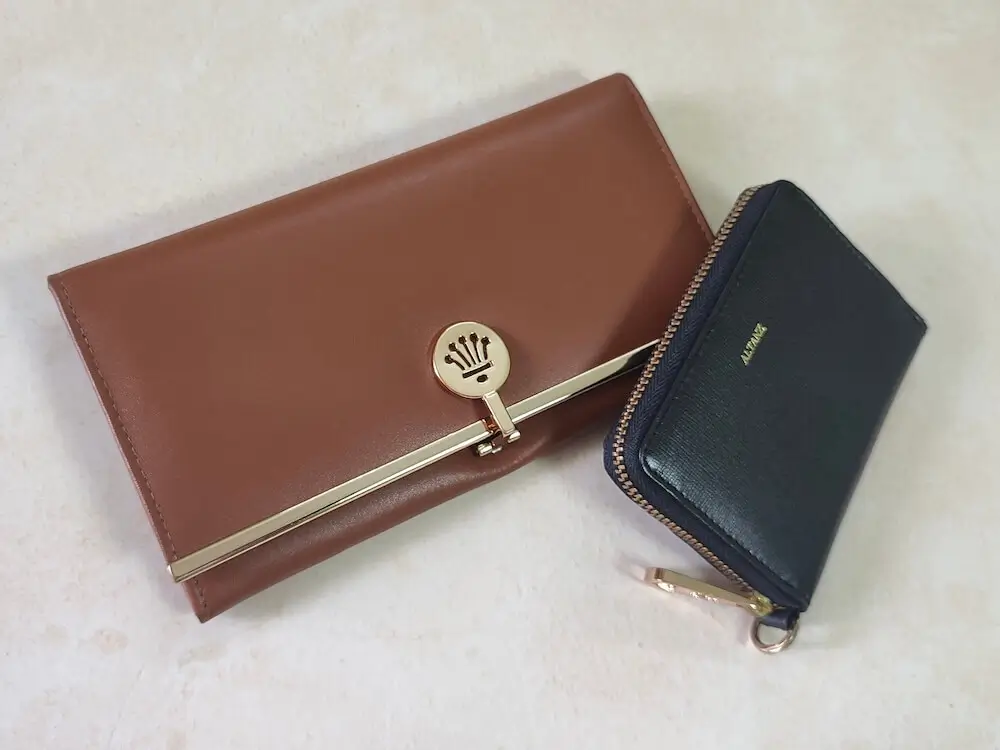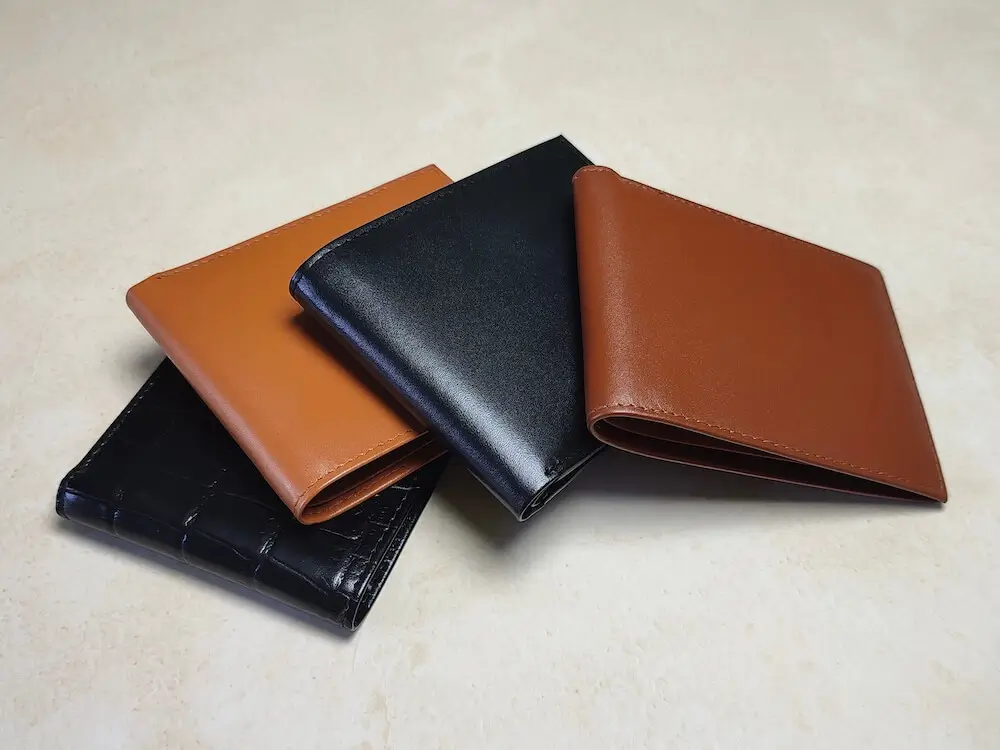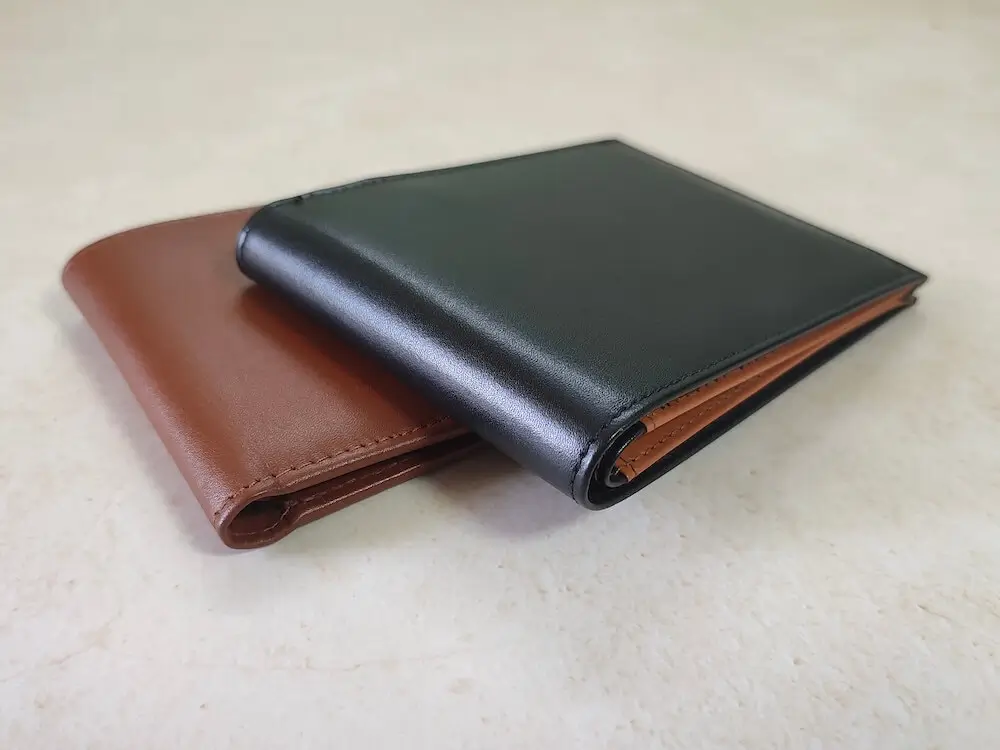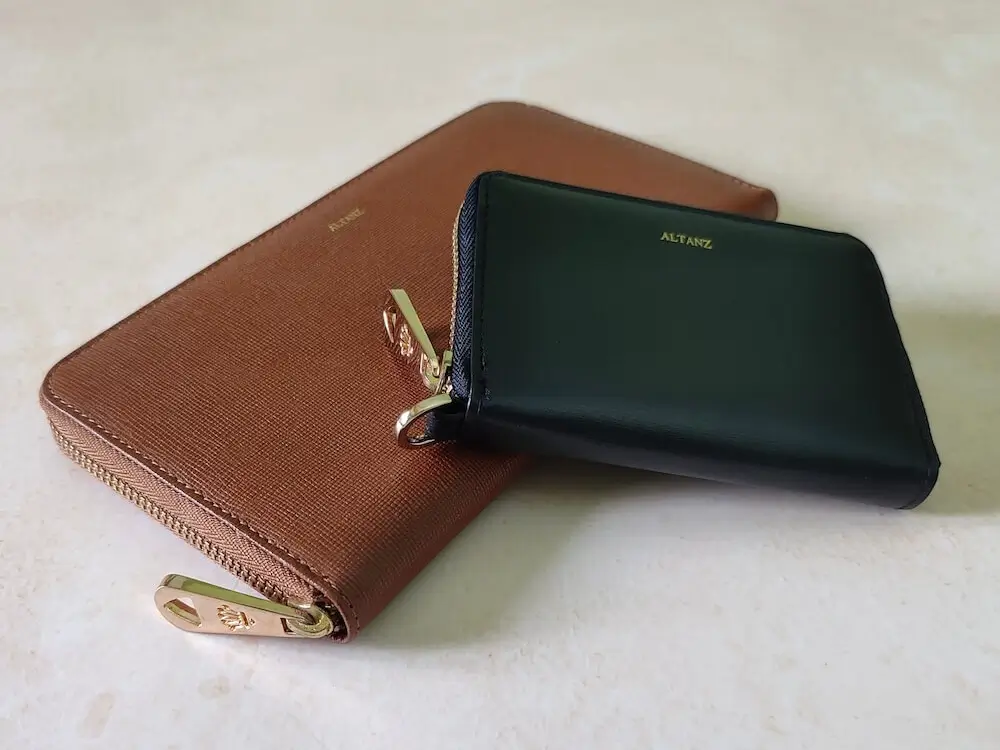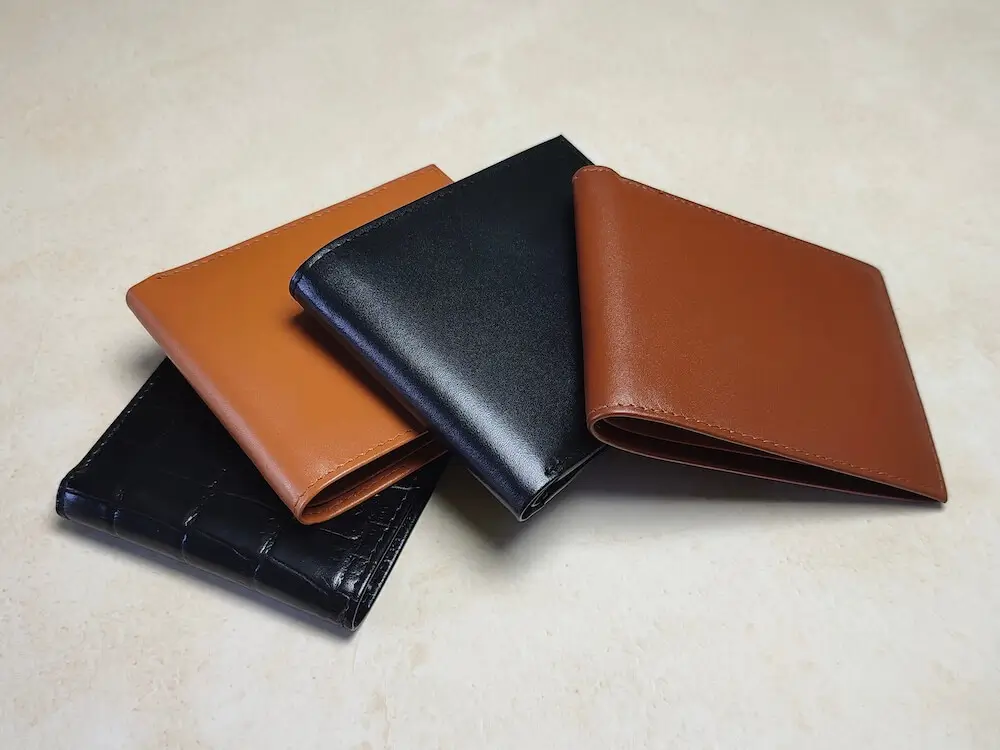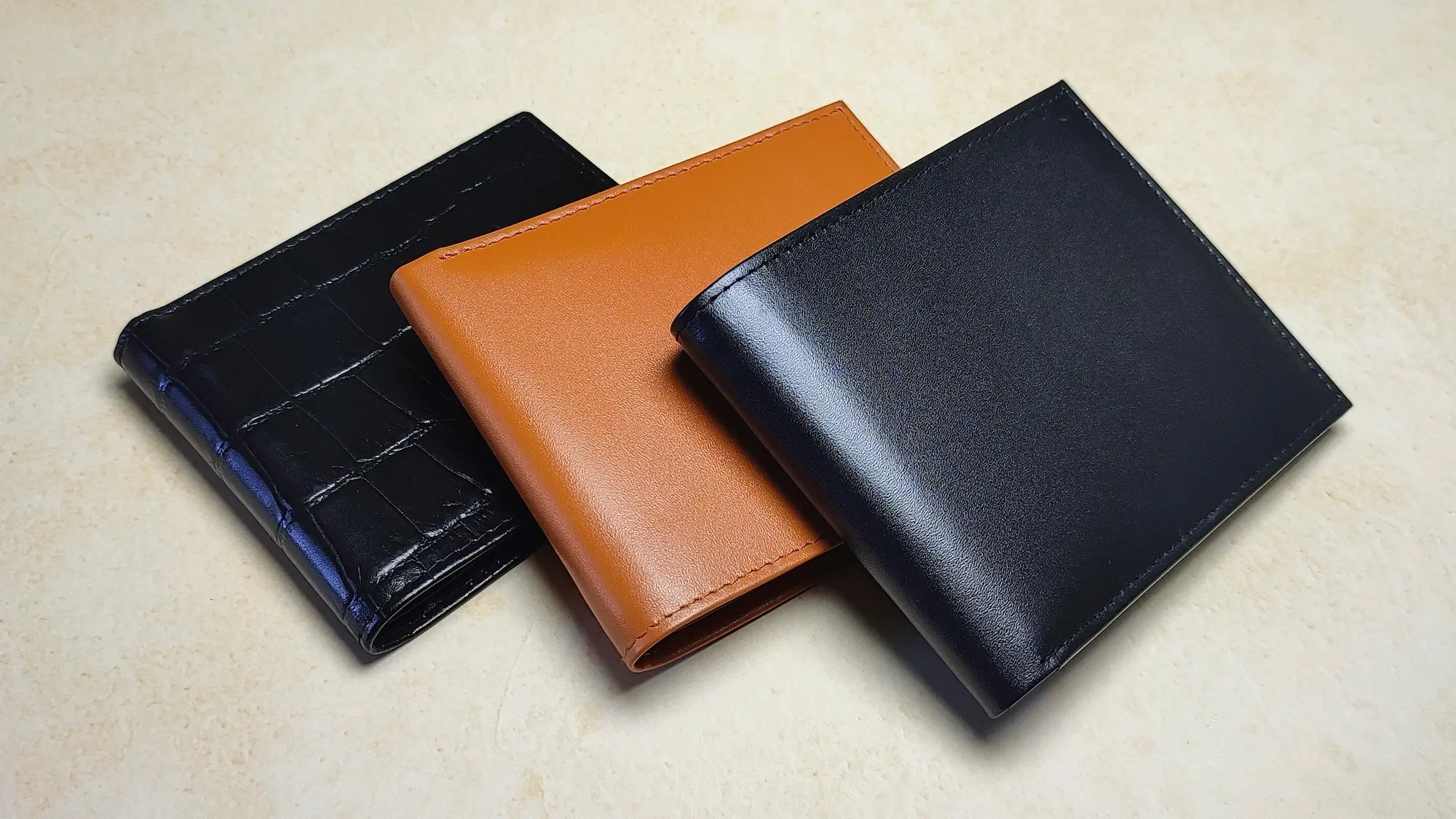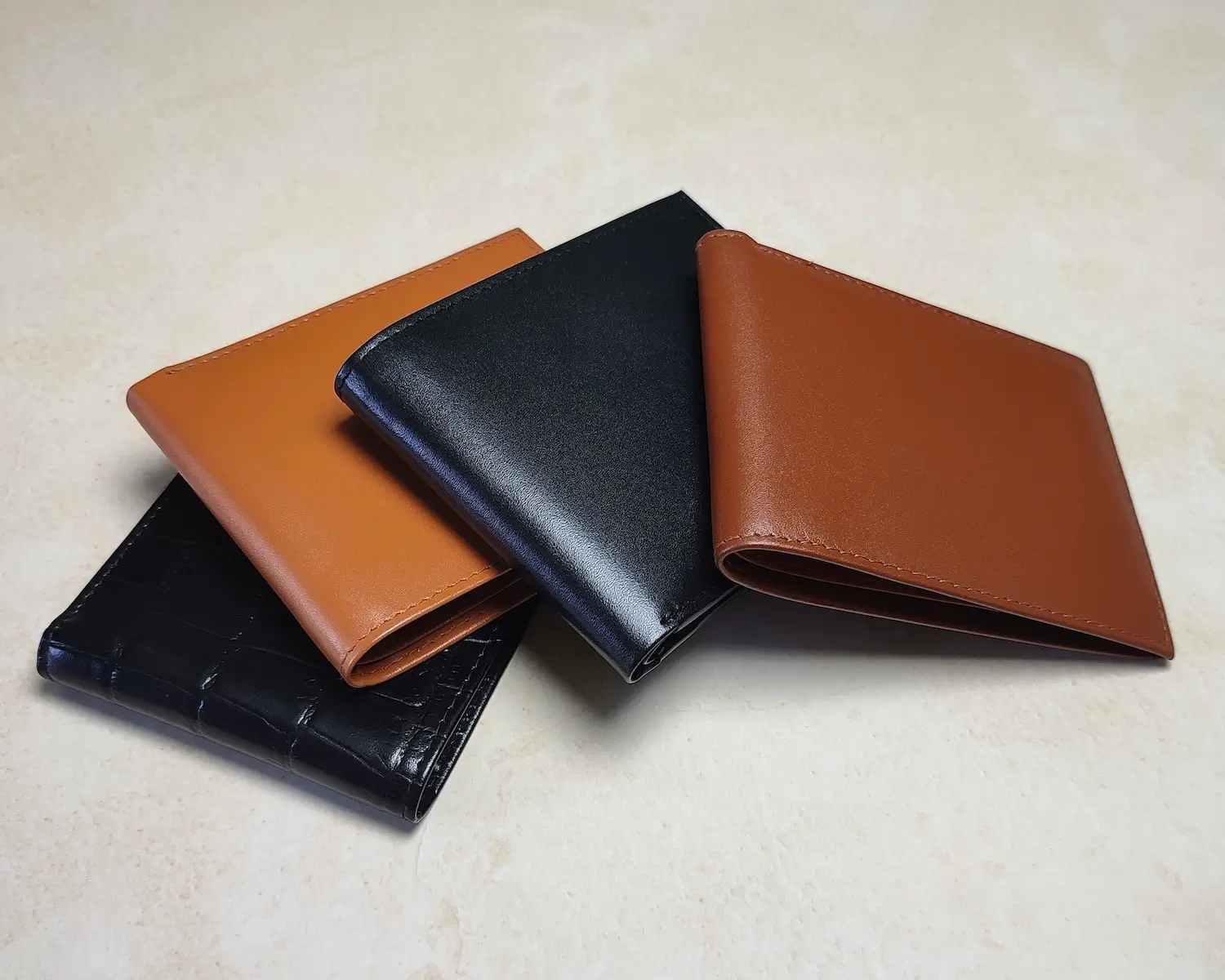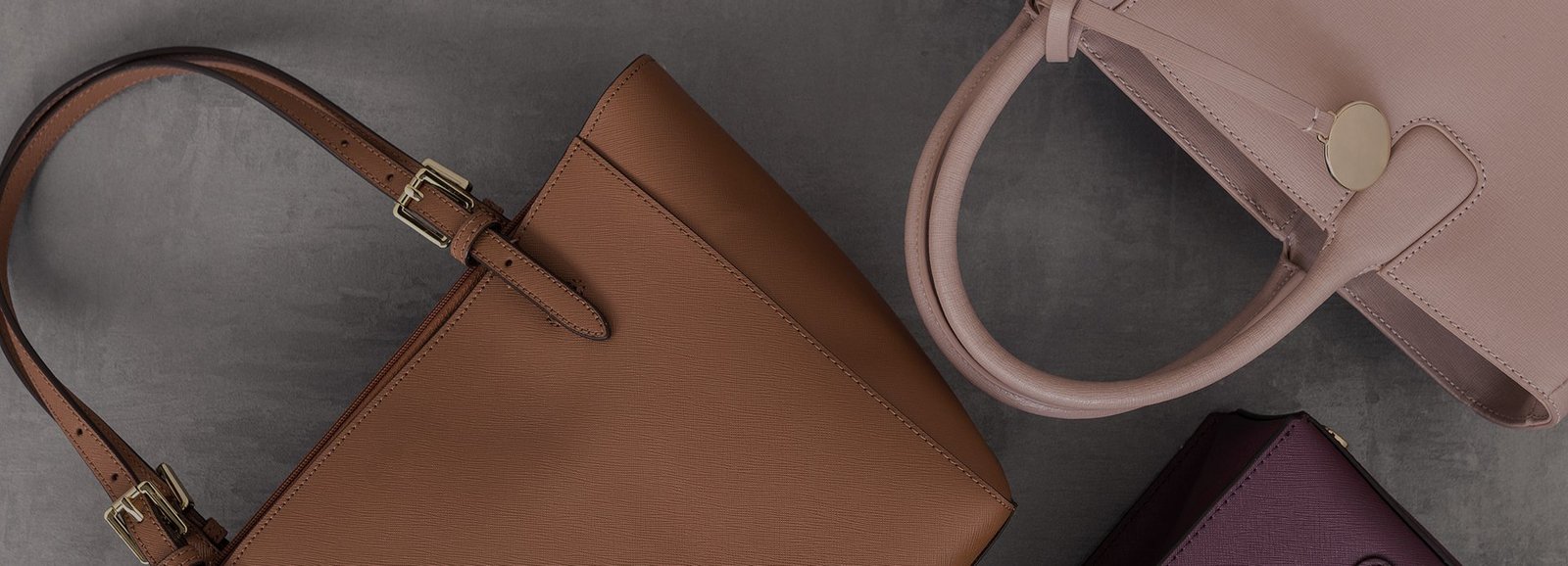Product Guides & Reviews
The Rise of Personalization in Leather Goods
Introduction
In today’s world, individuality is everything. From monogrammed bags to custom wallets, personalized leather goods are taking the fashion and lifestyle industry by storm. Offering a unique blend of luxury and exclusivity, they cater to a growing desire for products that reflect personal identity and taste.
This article explores the evolution, benefits, and future of personalization in leather goods, highlighting how this trend has revolutionized the way we view and use everyday accessories.
The Evolution of Personalization in Leather Goods
Personalization in leather crafting isn’t a new concept—it has roots in history, evolving significantly with the advent of modern technology.
Historical Context of Bespoke Leather Crafting
For centuries, leather goods were handcrafted by skilled artisans, tailored to meet the specific needs of individuals. Wealthy patrons would commission bespoke items such as saddles, trunks, and footwear, showcasing their social status through unique designs.
The Impact of Modern Technology
Today, personalization is accessible to a broader audience thanks to advanced techniques like laser engraving, 3D printing, and digital design tools. These innovations have made it easier and faster to create one-of-a-kind leather items without compromising quality.
Why Personalization Is Trending in Leather Goods
The surge in personalized leather goods is fueled by a few key factors.
The Appeal of Unique, Tailored Items
In an era dominated by mass production, consumers crave products that feel special and exclusive. Personalized leather goods satisfy this desire by offering something truly unique, whether it’s a monogrammed wallet or a custom-painted handbag.
Emotional Value and Connection
Personalized items often carry sentimental meaning, whether they’re gifts for loved ones or a treat for oneself. A leather journal embossed with initials, for instance, becomes more than just an accessory—it becomes a cherished keepsake.
Types of Personalization in Leather Goods
Personalization comes in many forms, each offering a unique way to make leather goods your own.
Monograms and Initials
Adding initials or a monogram is a classic way to personalize leather products.
Why Monograms Are Timeless
Monograms add a subtle yet elegant touch to items like wallets, bags, and passport covers. They’re simple, stylish, and universally appealing.
How Initials Make Items Personal
Initials create a sense of ownership and identity. Whether for yourself or as a gift, this small detail turns a leather accessory into something truly special.
Engraving and Embossing
Engraving and embossing are popular techniques for adding depth and texture to leather goods.
Techniques for Customization
Engraving involves carving designs into the leather, while embossing creates a raised effect. Both methods are versatile and can be used on items like belts, notebooks, and luggage tags.
Popular Items for This Customization
Leather journals, watch straps, and phone cases are often customized with engraved messages or embossed patterns.
Custom Designs and Artwork
For those seeking more creative options, custom designs are a fantastic choice.
Adding Logos, Patterns, and Artwork
Leather goods can feature hand-drawn artwork, company logos, or intricate patterns. This is especially popular among brands and businesses looking to make a statement.
Options for Hand-Painted Leather Goods
Hand-painting offers endless possibilities, from floral motifs to abstract designs. Each piece becomes a work of art, tailored to the owner’s preferences.
Color Customization
Color plays a vital role in personalization, allowing customers to choose hues that resonate with their style.
Unique Color Combinations
Custom dyeing and color-blocking techniques make it possible to create leather goods in virtually any shade or pattern.
Role of Dyes in Personalization
Natural and synthetic dyes are used to achieve vibrant, long-lasting colors. Ombre effects and metallic finishes are particularly trendy for custom designs.
Bespoke Leather Goods
For those who want complete control over the design process, bespoke leather goods are the ultimate luxury.
Made-to-Order Leather Products
Bespoke items are created from scratch based on the customer’s specifications. From choosing the type of leather to finalizing the design, every detail is tailored.
The Luxury of Fully Customized Designs
Bespoke leather goods are a true reflection of the owner’s taste, combining craftsmanship with exclusivity.
Advantages of Personalized Leather Goods
Personalized leather goods offer numerous benefits that go beyond aesthetics, making them a valuable addition to anyone’s wardrobe or gift list.
Enhancing Sentimental Value
Personalized items carry a deeper emotional connection than standard off-the-shelf products.
Creating Meaningful Gifts
A leather wallet embossed with initials or a bag engraved with a heartfelt message turns an ordinary item into a treasured gift. These custom touches show thoughtfulness and effort, making them perfect for birthdays, anniversaries, or milestones.
Why Personalized Leather Holds Emotional Significance
The ability to customize a leather product with initials, dates, or quotes allows the buyer to add sentimental meaning. Such pieces often become keepsakes, passed down through generations as symbols of love and care.
Standing Out with Unique Designs
In a sea of mass-produced goods, personalization helps you make a statement.
One-of-a-Kind Products
Customizing your leather goods ensures no two items are exactly alike. Whether it’s a unique color combination, an embossed design, or a custom artwork, your leather item becomes an extension of your personality.
Self-Expression Through Personalization
Personalized leather accessories act as a medium for self-expression, showcasing your taste, preferences, or even your brand identity.
Increased Brand Loyalty
Brands that offer customization options often enjoy stronger relationships with their customers.
Why Brands Invest in Personalized Options
Personalization creates a sense of exclusivity, which customers value highly. By offering tailored products, brands can cater to individual preferences, improving customer satisfaction and loyalty.
Role of Personalization in Customer Retention
A personalized experience fosters a stronger emotional connection with the brand. Customers are more likely to return when they know they can purchase products tailored to their needs and style.
How Technology Has Transformed Personalization
Modern technology has revolutionized the way leather goods are customized, making it easier, faster, and more precise.
Laser Technology for Engraving
Laser engraving is a game-changer for precision and efficiency in leather customization.
Precision and Detail
Laser technology allows for intricate designs that are impossible to achieve manually. From detailed logos to finely scripted text, laser engraving produces flawless results.
Examples of Laser-Engraved Items
Popular items include engraved wallets, keychains, and desk accessories. The precision of laser engraving also makes it suitable for creating consistent designs in bulk.
3D Printing in Leather Crafting
3D printing has opened new doors in leather customization.
Incorporating 3D-Printed Designs
Leather goods can now feature 3D-printed embellishments, such as decorative overlays or structural components, adding a futuristic edge to traditional products.
Expanding Creative Possibilities
This technology enables designers to experiment with textures, patterns, and forms that were previously impossible, bringing innovation to leather personalization.
Online Customization Platforms
The digital age has brought personalization into the hands of consumers.
Virtual Design Tools
Many brands now offer online platforms where customers can design their own leather goods. These tools let users choose materials, colors, engravings, and other details, providing a seamless customization experience.
Convenience and Accessibility
From the comfort of their homes, customers can create bespoke products tailored to their preferences, making personalized leather goods more accessible than ever.
Sustainable and Ethical Personalization Practices
As consumers become more eco-conscious, sustainable personalization practices have gained importance.
Eco-Friendly Leather Customization
Brands are adopting greener practices to make leather personalization sustainable.
Using Sustainable Materials
Ethical brands focus on using vegetable-tanned leather, recycled materials, or leather sourced as a by-product of the meat industry to minimize environmental impact.
Sustainable Customization Processes
Techniques like water-based dyes and energy-efficient laser engraving ensure that the customization process has a lower carbon footprint.
The Role of Artisanship
Supporting artisanal craftsmanship is an ethical choice that enhances the value of personalized leather goods.
Handmade Excellence
Artisans bring unmatched skill and attention to detail, creating leather goods that are not only unique but also of superior quality. Custom pieces made by hand carry a sense of authenticity and heritage.
Empowering Local Communities
Purchasing handcrafted, personalized leather items supports local artisans and keeps traditional techniques alive, making it a meaningful investment.
Challenges and Considerations in Personalization
While personalization offers many benefits, there are some challenges to consider.
Cost of Customization
Personalized leather goods often come at a premium price.
Why They’re More Expensive
Customization involves additional labor, specialized tools, and bespoke processes. These factors increase the cost, but the result is a high-quality, unique product worth the investment.
Balancing Affordability and Exclusivity
Some brands offer tiered pricing for customization, allowing customers to choose from basic options, like monograms, to more elaborate designs that require greater resources.
Time Constraints
Custom orders typically take longer to fulfill than standard items.
Turnaround Time
From design to execution, creating personalized leather goods requires additional time. It’s essential for customers to plan ahead, especially for gifts or special occasions.
Managing Expectations
Clear communication about production timelines helps set realistic expectations, ensuring customers are satisfied with their purchase.
Quality Assurance
Maintaining high quality in personalized leather goods can be challenging.
Durability of Custom Designs
Customized embellishments, such as embossing or engraving, must be durable enough to withstand everyday wear and tear.
Consistency in Craftsmanship
When producing personalized items in bulk, ensuring uniformity and precision is key to maintaining a brand’s reputation.
The Future of Personalization in Leather Goods
As the demand for personalized leather goods grows, the industry is evolving to meet new challenges and opportunities.
Innovations in Customization Techniques
Emerging technologies are shaping the future of leather personalization.
AI and Automation
Artificial intelligence is being used to create more intuitive design tools, enabling customers to visualize their personalized products in real time. Automation also speeds up the production process, making customization more efficient.
New Materials and Methods
Innovative materials, such as sustainable leather alternatives, are expanding the possibilities for eco-friendly customization.
Consumer Trends and Expectations
The future of leather personalization is being driven by consumer preferences.
Customization as a Standard
In the coming years, personalized options may become the norm, with more brands offering customizable products as part of their standard collections.
The Role of Social Media
Platforms like Instagram and Pinterest play a significant role in promoting personalized leather goods, inspiring consumers with creative designs and showcasing the craftsmanship behind each piece.
Conclusion
The rise of personalization in leather goods is a testament to our desire for individuality and meaningful connections to the products we own. Whether it’s a monogrammed wallet, a hand-painted bag, or a custom-designed belt, personalized leather items offer unmatched luxury and exclusivity.
By combining traditional craftsmanship with modern technology, the leather industry is transforming how we experience and value our belongings. Investing in personalized leather goods ensures you own something truly unique—an extension of your style and story.
FAQs
1. Why are personalized leather goods so popular?
They combine individuality, luxury, and emotional value, making them unique and meaningful.
2. What are the most common types of leather personalization?
Monograms, engravings, embossing, custom artwork, and color customization are the most popular options.
3. How long does it take to create a custom leather product?
Turnaround time varies, but it typically ranges from a few days to several weeks, depending on the complexity of the design.
4. Are personalized leather goods more expensive?
Yes, due to the additional labor and materials involved, but they offer long-term value and uniqueness.
5. What should I consider before ordering a personalized leather item?
Evaluate the cost, turnaround time, and customization options to ensure the product meets your needs and preferences.
FAQ : Frequently Asked Questions
Stylish Leather Accessories as Wedding Gifts
Answer:
They combine individuality, luxury, and emotional value, making them unique and meaningful.
Answer:
Monograms, engravings, embossing, custom artwork, and color customization are the most popular options.
Answer:
Turnaround time varies, but it typically ranges from a few days to several weeks, depending on the complexity of the design.
Answer:
Yes, due to the additional labor and materials involved, but they offer long-term value and uniqueness.
Answer:
Evaluate the cost, turnaround time, and customization options to ensure the product meets your needs and preferences.


